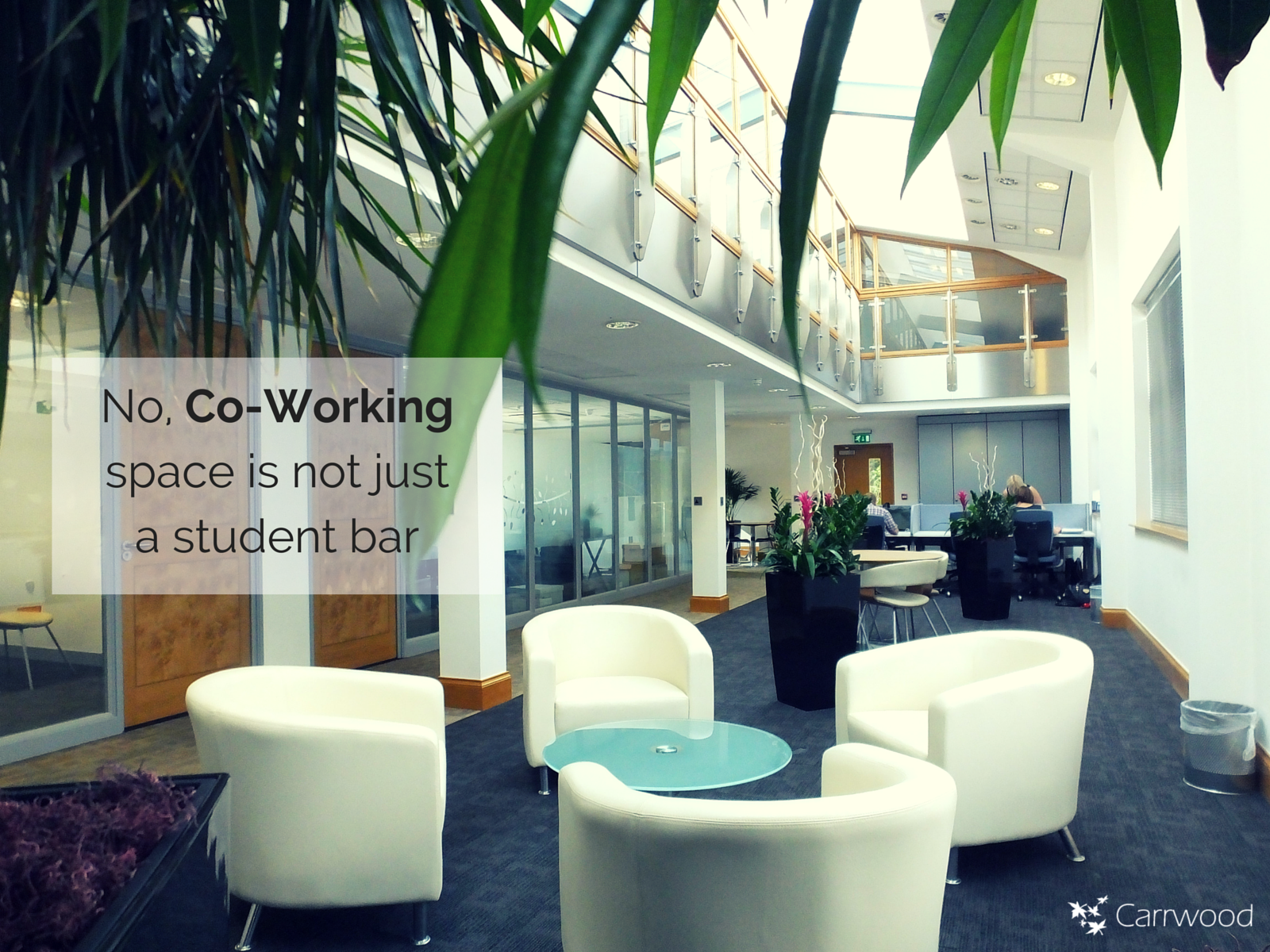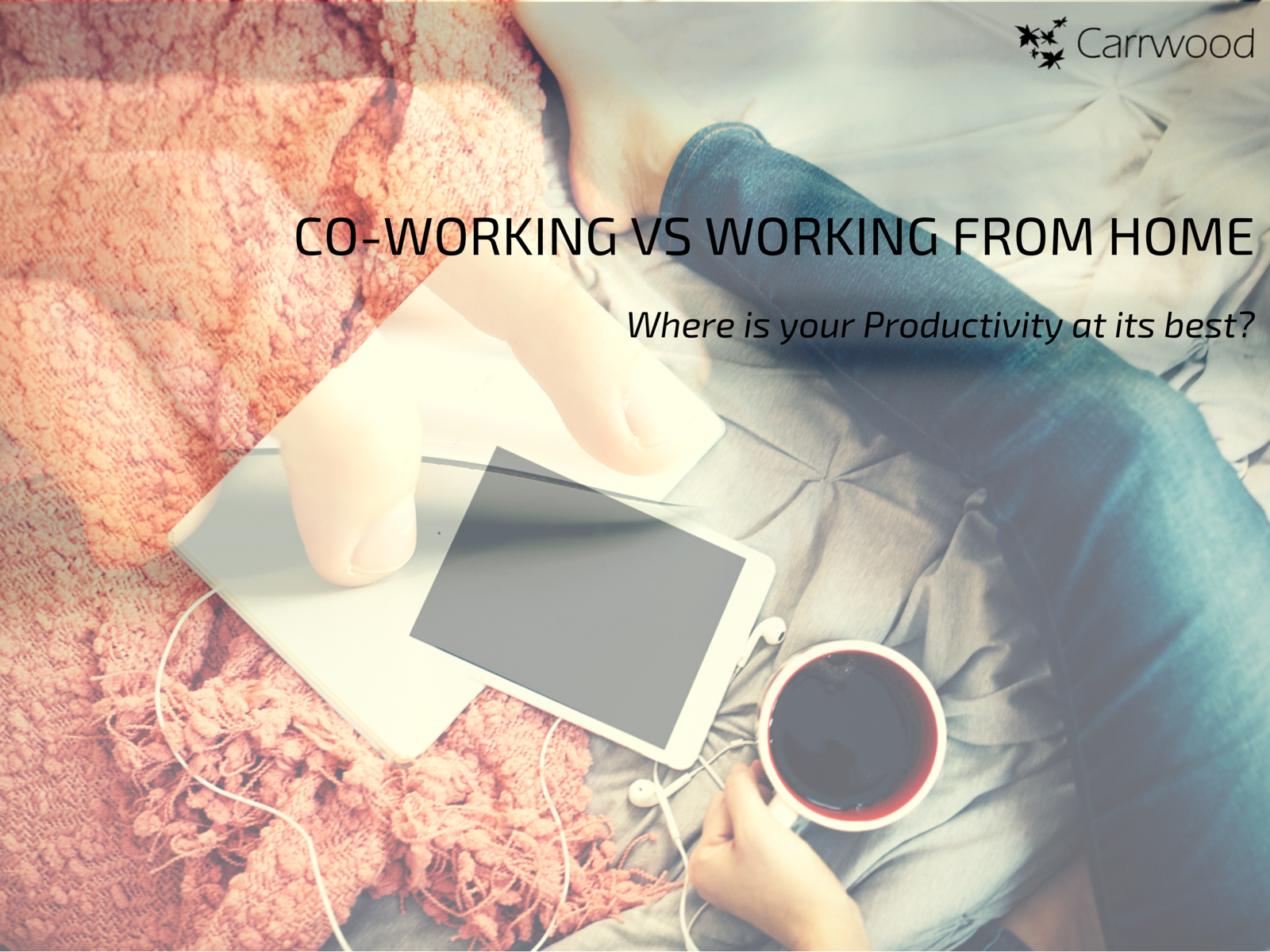What’s the relationship between good lighting and productivity at work?
Many different factors can affect productivity and efficiency in the workplace, but there is one ever-present condition that many people take for granted.
In our blog about setting up an office for maximum productivity, we discussed the relationship between good lighting and productivity. We noted how lighting is one of the most crucial factors in any office set-up, affecting everything from mood to efficiency.
The negative effects of poor office lighting
Poor quality or badly planned office lighting can cause many different problems for individuals and for a company as a whole. Overly bright overhead fluorescent lights can cause glare on computer screens, which can lead to headaches and eye strain. Lighting that is too dim or flickering can cause similar problems, as well as being annoying and potentially dangerous. A negative impact on health leads to a negative impact on morale, which affects the quality and quantity of work a person can get done, as well as potentially leading to higher employee absenteeism and staff turnover rates. Accuracy also suffers under poor lighting, dragging down the quality of work.
Despite all of these problems, many people live with poor lighting conditions without realising or taking action to improve their working environment.
The link between natural light and employee efficiency
So, what lighting should we be aiming for in our workspaces? According to the experts, as much natural light as possible is the key. A recent study by scientist Mirjam Muench compared two groups of people during normal work days, one group exposed to daylight and the other to artificial light. The group exposed to daylight were found to be significantly more alert, even at the end of the working day, while those under artificial light felt drowsier and more sluggish. Cortisol levels were found to drop considerably under poor lighting conditions, which can make workers feel more stressed as well as lacking the ability to stabilise energy levels.
Three steps to improving lighting in the office:
1. Introduce as much natural light as possible.
Business growth, efficiency and marketing consultant Andrew Jensen talks of how natural light is a much superior form of lighting in the office compared to artificial light. Open all curtains and blinds (and clean windows) and consider additional ways to introduce natural light, from new windows and skylights to sun tunnels and outdoor breakout spaces.
2. Reduce use of overhead lights.
Unless they are of very good quality and fit for purpose, overhead lights can cause headaches and eye strain. Some types can also buzz and flicker, both of which are very irritating for your employees.
3. Consider using more task lighting.
Well-considered task lighting in key work areas, just like you would use task lighting to illuminate worktops in a kitchen, can be a great way to improve the quality of the lighting setup in your office.
It isn’t always possible to reinvent your office lighting system, as it is neither feasible nor cost-effective. Under these conditions, as we described in our blog on signs you are ready to leave the home office, it can make a lot of sense to relocate to commercial property such as serviced offices or co-working spaces. Lighting in facilities such as Carrwood Park has been specially designed with productivity in mind, with as much natural light as possible and task lighting where needed. Once you spend a few hours working in a well-lit space, you won’t be able to go back to your dim or overly bright work space – it will open your eyes to the changes that need to be made.
For more advice about office space, Leeds-based Carrwood Park’s regularly updated blog offers tips and advice on various aspects of office design and life.
For quality and professional serviced offices, Leeds and Harrogate-based service provider WorkWell provides the ideal conditions for productive and efficient working.









